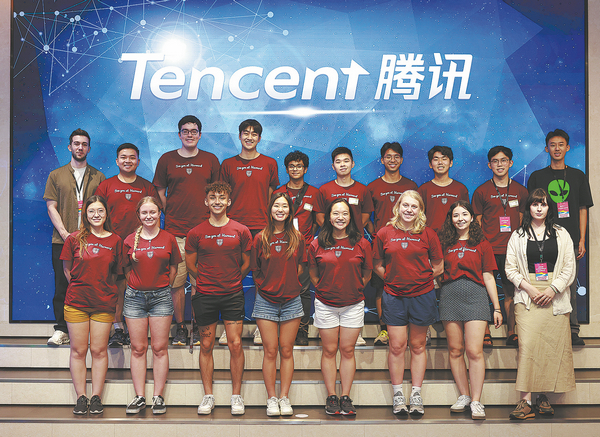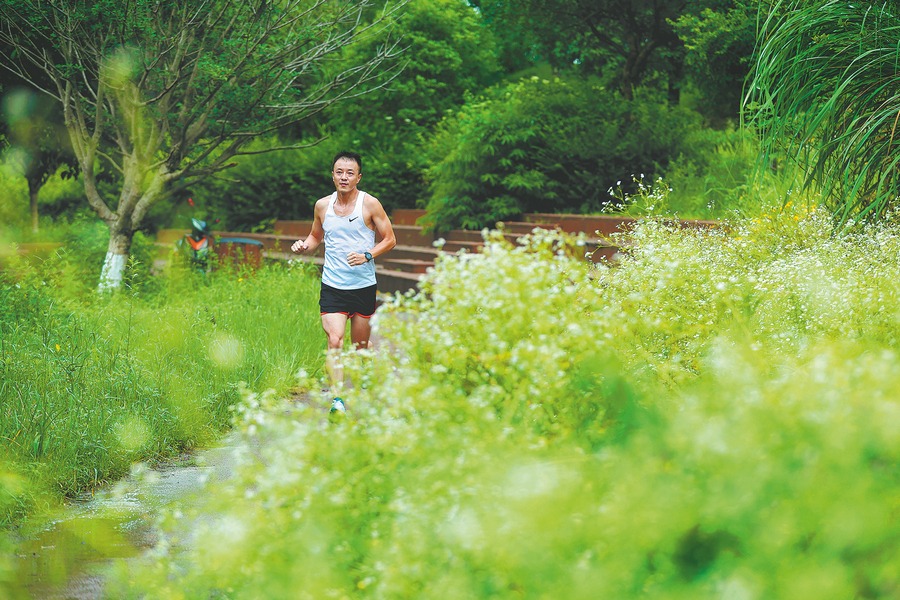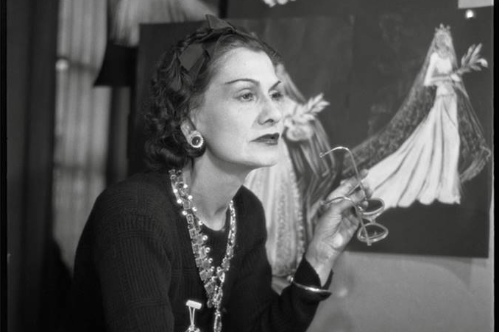Harvard summit sparks US-China youth dialogue


"It's very easy to get caught up in what you see and hear on TV, but you don't really know a place or its people until you come in, experience it for yourself, and get your feet on the ground," said Wydmayer Trente Et Un, a freshman at Harvard University studying psychology and economics, at the end of the Harvard Summit for Young Leaders in China (HSYLC).
This August, around 150 Harvard students gathered in Beijing, Shanghai, Shenzhen, and Hangzhou to participate in the HSYLC, a 19-year-old liberal arts summer program and Harvard's largest overseas exchange initiative.
In 2023, during his visit to San Francisco, President Xi Jinping said, "To increase exchanges between our peoples, especially between the youth, China is ready to invite 50,000 young Americans to China on exchange and study programs in the next five years".
This makes 2024 a particular year for people-to-people exchanges between China and the US. This summer, HSYLC brought the largest cohort of young American students to China in the summit's history. The event featured not only seminars on various topics but also visits to notable locations such as the Summer Palace in Beijing, a tea museum in Hangzhou, the Harvard Center in Shanghai, and major technology companies like Tencent and DJI in Shenzhen.
Among these young Americans, some have been studying Chinese for years and have visited China multiple times, while for others, this is their first time in China.
Matylda Urbaniak, a senior at Harvard studying history, Chinese, and French, emphasized how her first-ever visit to Shenzhen exceeded her expectations. "I didn't know what to expect before I came. All I knew was that Shenzhen has grown rapidly in the past 40 years. However, being here has shown me not only how technologically advanced the city is but also how welcoming everyone is," she said.
At Tsinghua Shenzhen International Graduate School (SIGS), 30 young Chinese scholars specializing in fields such as environmental science, biomedical engineering, and electronics and information science engaged in discussions with Harvard students, exploring cutting-edge topics and interdisciplinary research.
Zhao Zhouhao, a second-year master's student at SIGS, shared his experience of befriending US student Andre Ramsey, who works in social sciences and American minority studies.
"I've gained a new perspective on the potential application of my research in electronic information," Zhao said. "Our conversations made me realize that electronic information technology could also be applied to social science research, such as using big data for ethnic behavior analysis or even employing artificial intelligence to assist in policymaking."
Addressing the audience at the summit's opening ceremony in Beijing, Shmuel Padwa, a student of statistics and philosophy who led the US staff team organizing the HSYLC, said, "I implore you to say 'hello' or 'nihao' to as many people as possible; I hope you remember what you learn in your seminars, but also the people you meet along the way."
Andre Ferreira, who obtained his bachelor's degree in government and history last year at Harvard, shares Padwa's sentiment.
"We stand at a pivotal and unprecedented moment in history, where the importance of fostering understanding, collaboration, and mutual respect between our two great nations — the US and China — has never been more crucial," he said. "As I look out into this crowd, I'm confident in our generation's ability to enact positive change and bridge the divide. HSYLC is not just an academic exchange; it is an opportunity to build friendships that will last a lifetime."
Written by Zhong Yutong, a Schwarzman Scholar at Tsinghua University.




































